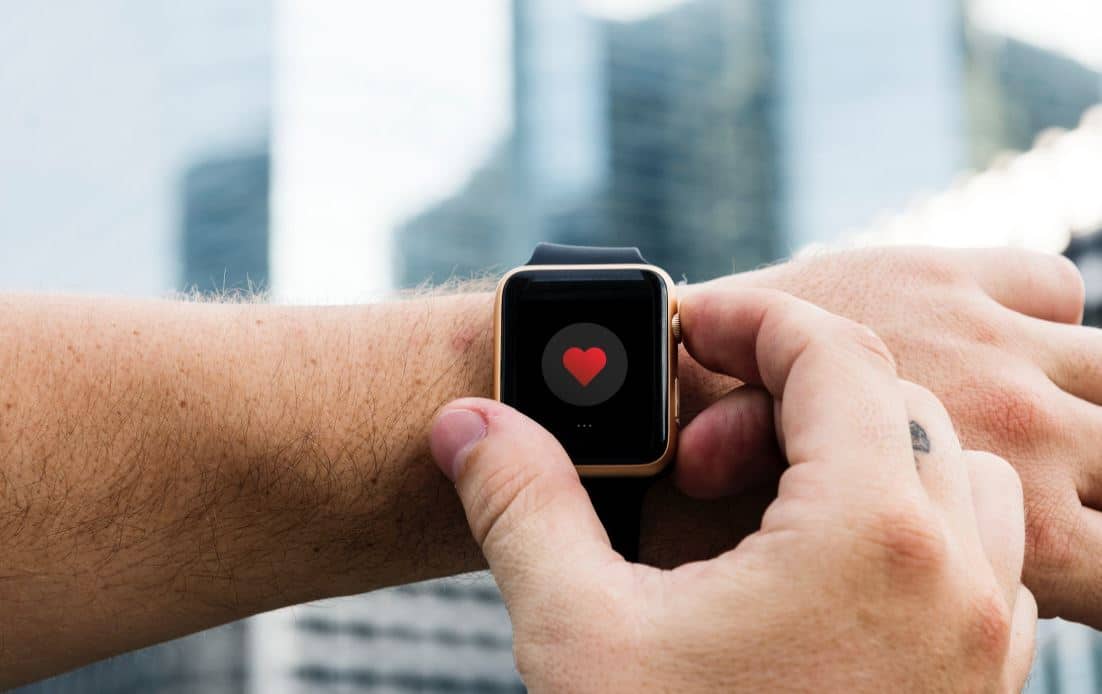One of the biggest problems regarding medical care is cost. One expense that needs to be brought down is the cost to house patients in hospitals. This is also a challenge for quality of life since many of those patients would rather live at home than in a facility. Thankfully, new strides in medical technology are changing this by allowing patients to receive cutting edge and lifesaving care while at home. Below are five such examples.
Medical Wearables
The same technology that allows your smart phone, smart watch and other smart devices to communicate with the internet is being applied towards wearable medical devices. These devices can keep tabs on a patient’s vital signs while they go about their day at home or outside the home. This is great if your doctor needs to keep track of changes In your heart rate or oxygen. The GPS in these smart watches helps Alzheimer patients be tracked by family members in case they wander off. If a patient’s health changes for the worse, professionals will be automatically notified.
Home Kidney Dialysis Machine
One of the deadliest health conditions that has traditionally required hospitalization is kidney failure. However, this is changing thanks to the introduction of new technologies that have made home kidney dialysis machines a reality. Such devices include high tech features like remote monitoring and voice guidance. These dialysis machines are even portable.
Robotic Prosthetics
Something else that has required many patients to remain hospitalized is their inability to use their limbs due to different disabilities. Robotic prosthetics may soon help solve this problem for many disabled individuals. Prosthetic arms that can be controlled by thought have even become a reality.
Telehealth
Some patients live in rural areas that are far away from the nearest doctor. If their medical condition becomes too frail, it may simply be too much to ask for them to travel far. However, thanks to telecommunication technology, it is now rather easy for patients to communicate with doctors through the internet and video conferencing. Routine medical readings can even be taken remotely via smart medical devices.
Precision Medicine
Thanks to the decoding of the human genome, much more about an individual patient’s genetics can be learned and applied towards the care they receive. This is leading to the creation of medicine tailored to an individual as opposed to every person with a condition. This will create far more effective care that can be done via pharmacy prescriptions without the need for hospitalization.
Healthcare technology is amazing. As it continues to improve, thousands upon thousands of lives will be saved. It will also increase the quality of life for patients and allow them to live in their own homes. Far fewer people will be forced to live in hospitals in the future.

